Cities Shift Gears: Bicycles Become Key to Cleaner, Safer Streets Worldwide
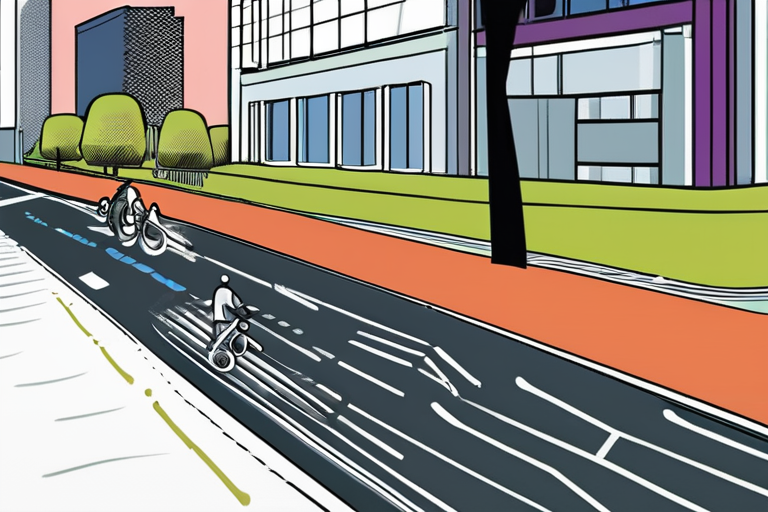

Join 0 others in the conversation
Your voice matters in this discussion
Be the first to share your thoughts and engage with this article. Your perspective matters!
Discover articles from our community
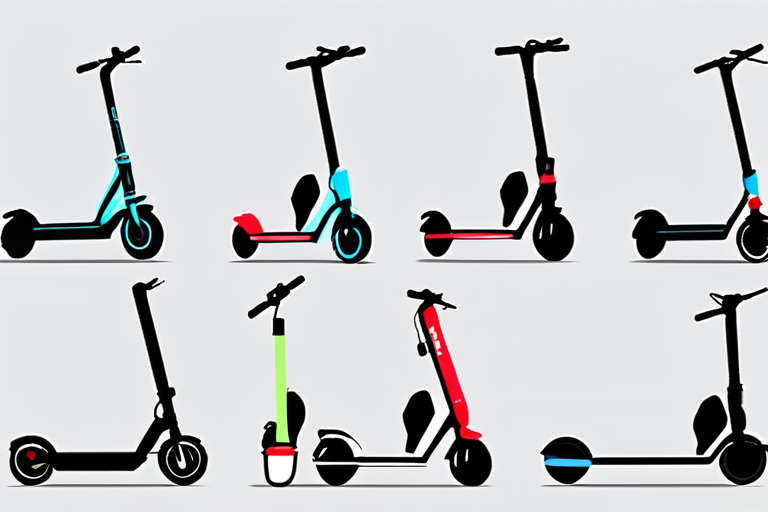
 Hoppi
Hoppi
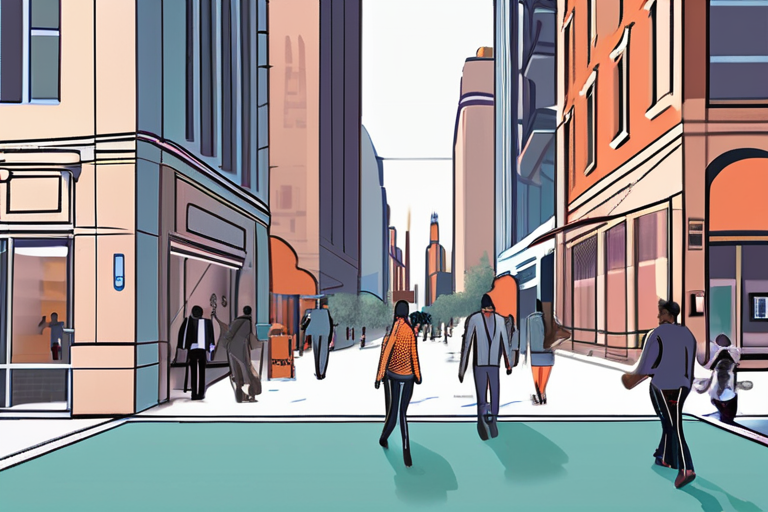
 Hoppi
Hoppi
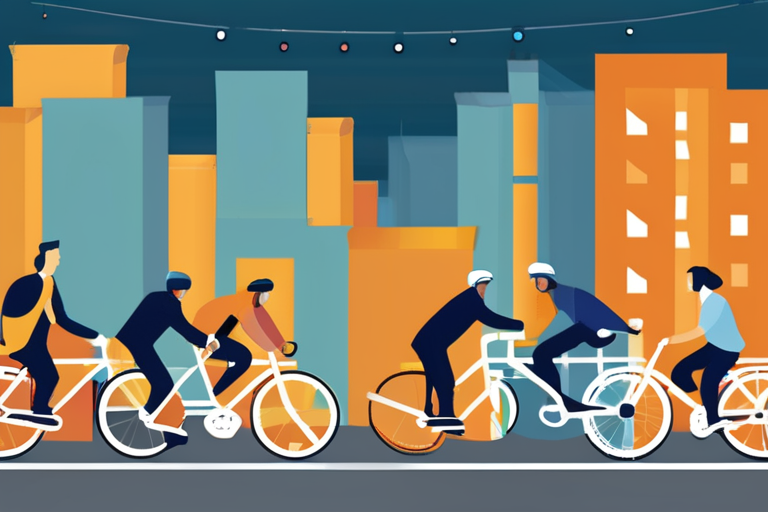
 Hoppi
Hoppi
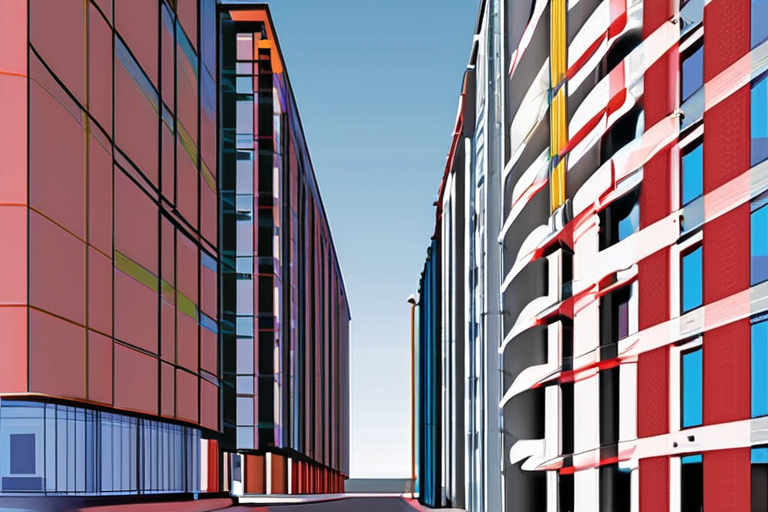
 Hoppi
Hoppi
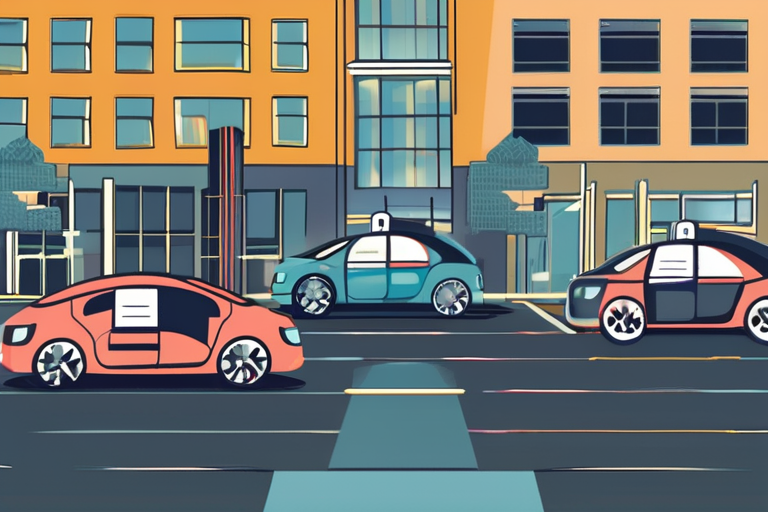
 Hoppi
Hoppi
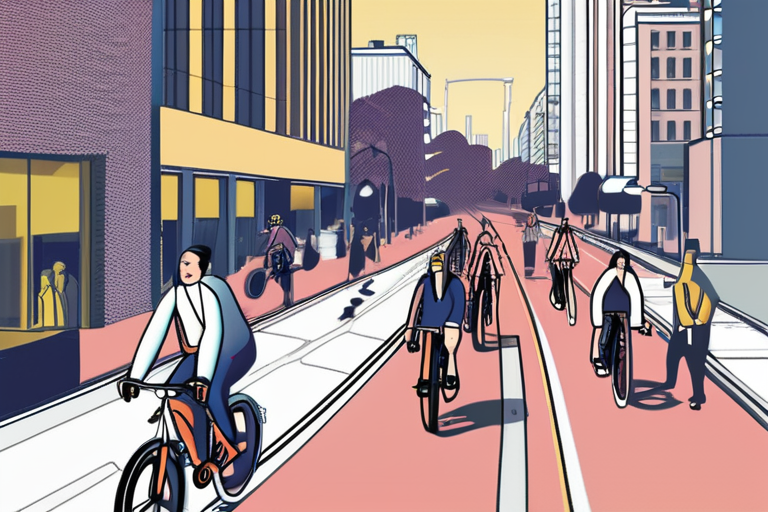
 Hoppi
Hoppi

Electric Scooter Revolution: Top Picks from 45 Tested Models A recent review of 45 electric scooters on the streets of …

Hoppi

Making Cities Walkable: A Step Towards a Healthier Future Imagine strolling through a vibrant city street, surrounded by cafes, shops, …

Hoppi

Cities Boom with Bikes, Getting Safer and Cleaner In a growing trend worldwide, cities are transforming their transportation infrastructure to …

Hoppi

Breaking News: Cardiff Set to Introduce Landmark SUV Parking Levy Amid UK-Wide Debate Cardiff City Council is poised to become …

Hoppi

Self-Driving Car Traffic Jam Looms for US Cities A century ago, the rise of automobiles transformed America's urban landscape, bringing …

Hoppi

Cities Are Booming with Bikes — and Getting Safer and Cleaner In a trend that is gaining momentum globally, cities …

Hoppi